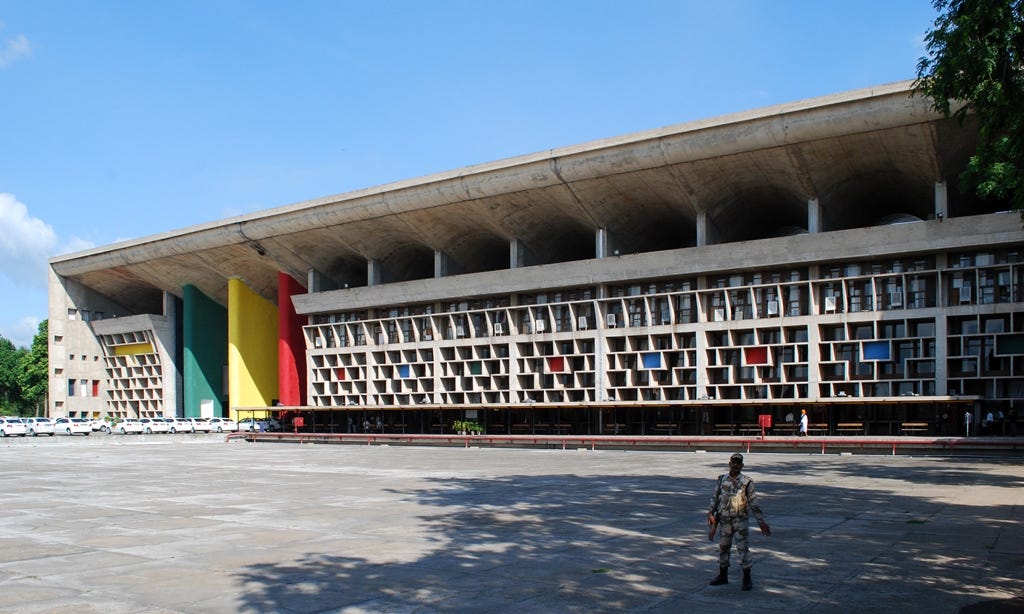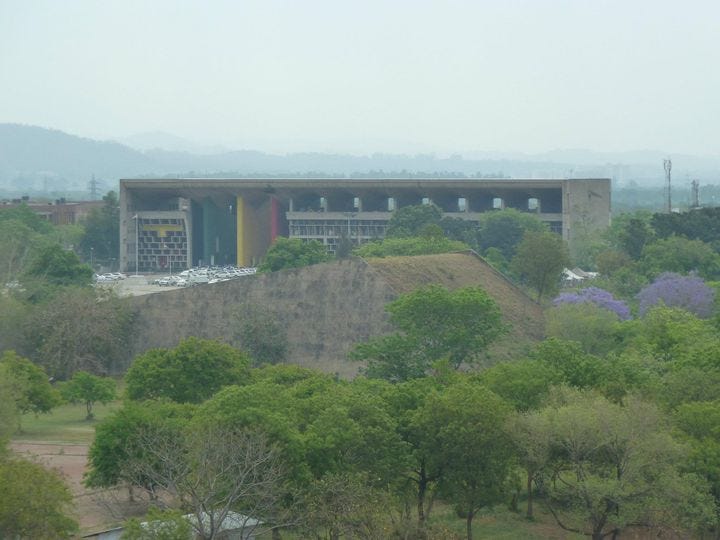Punjab and Haryana High Court Declares the Arrest of MLA by ED Illegal
High Court Declared ED's Arrest of MLA Illegal, 'Quashed and Set Aside Being Indefensible in Law': A Critical Reflection on Investigative Practices
Punjab and Haryana High Court Declares ED's Arrest of MLA Illegal
In a landmark ruling dated 23rd September 2024, and uploaded today, the Punjab and Haryana High Court declared the Enforcement Directorate's (ED) arrest of sitting Haryana MLA Surender Panwar illegal and unconstitutional. The 37-page judgment, delivered by Justice Mahabir Singh Sindhu, raises serious concerns about the ED's conduct and investigation protocols, exposing several critical irregularities. This decision extends beyond Panwar's case, providing essential guidance on the limits of investigative authority and reinforcing the protection of individual rights enshrined in the Constitution.
Key Findings Leading to the Declaration of Illegal Arrest
The High Court based its decision on several critical points, each of which highlights procedural lapses and overreach by the ED.
Lack of Substantial Evidence: Justice Sindhu made it clear that the ED failed to produce any substantial evidence directly linking MLA Surender Panwar to the allegations of illegal mining and money laundering. Despite the high-profile nature of the case, the investigation appeared hollow, with no solid proof to substantiate the charges against Panwar.
Disputed Directorship: A key point of contention in the ED’s case was Panwar’s alleged connection to a company involved in illegal mining. However, the Court found that Panwar had ceased to be a director of the company in question as far back as 2013. The ED's inability to disprove this fact raised serious concerns about the diligence and fairness of its investigation.
Non-Scheduled Offence: The primary accusation against Panwar revolved around illegal mining, an offence not listed under the Prevention of Money Laundering Act (PMLA). The Court's ruling pointed out that this alone should have rendered the ED’s case void, as the agency's mandate under PMLA does not cover non-scheduled offences.
Amendment to the PMLA Schedule: The Court also noted that a provision relating to environmental offences had been removed from the PMLA’s schedule. This deletion further undermined the ED's case, leaving it with little legal basis to pursue Panwar for money laundering charges.
A Sharp Critique of ED's Conduct
Justice Sindhu’s ruling goes beyond the technicalities of the law and delves into the conduct of the ED during its investigation. His critique was particularly scathing when addressing the manner in which Panwar was interrogated.
“The constant interrogation for 14 hours and 40 minutes is not heroic on the part of ED; rather it is against the dignity of a human being," stated Justice Sindhu, reflecting the court’s displeasure with the ED’s excessive interrogation tactics. Such actions, he argued, violated the fundamental principles of human dignity and fair treatment, cornerstones of Indian jurisprudence, as embodied in Article 21 of the Constitution.
Upholding Constitutional Safeguards
The Court’s decision serves as a strong reminder that investigative agencies are not above the Constitution. The ruling emphasizes that Article 21, which guarantees the right to life and personal liberty, applies to all citizens, including those under investigation. Justice Sindhu’s remarks further reinforce this point:
“As on today, prima facie, there is no material with the ED to substantiate that the petitioner has directly or indirectly indulged in any process or activity connected with the proceeds of crime...”
This reiteration of constitutional safeguards comes as a much-needed reminder in an era where investigative agencies are increasingly seen as overstepping their legal mandates. The ED’s actions in this case, as highlighted by the judgment, represent a worrying trend of allegedly arbitrary detentions and prolonged interrogations, without sufficient legal grounds.
Implications for Investigative Agencies
This ruling has significant implications for investigative bodies like the ED, CBI, and other agencies empowered under special laws. While Section 45 of the PMLA imposes stringent conditions on granting bail, this ruling makes it clear— as has been reiterated by the Supreme Court in numerous recent cases— that the threshold for arrest must also be correspondingly higher
Justice Sindhu’s call for remedial measures and sensitisation of officers handling such investigations is a critical take-away. His observation that the ED should “follow some reasonable time limit for investigation in one go” reflects a broader concern about the lack of checks on investigative excesses.
Moreover, the High Court’s judgment echoes previous criticisms of the CBI, which the Supreme Court once likened to a “caged parrot.” This latest ruling against the ED is part of a growing body of judicial pronouncements that seek to curb the arbitrary use of power by investigative agencies.
Balancing Enforcement with Rights
The verdict stands as a reminder that the fight against money laundering and economic crimes must not come at the expense of constitutional rights. India’s judicial system has a long-standing tradition of upholding the rule of law, and this judgment reinforces that principle. It signals to investigative agencies that while they play a crucial role in combating corruption and economic crimes, they must operate within the bounds of the law.
In a democratic society, respect for individual liberties is paramount. The Punjab and High Court’s decision reaffirms the notion that no authority, however powerful, can act arbitrarily or infringe upon the basic rights guaranteed under the Constitution. Agencies like the ED must now take this ruling as a clarion call to introspect and align their procedures with constitutional safeguards.
Summing Up
The Punjab and Haryana High Court’s ruling in MLA Surender Panwar’s case is not just a critique of the ED’s specific actions but a broader warning to all investigative agencies. The judgment underscores the importance of balancing the powers of such agencies with the fundamental rights of individuals. Justice Sindhu’s sharp observations on human dignity, constitutional rights, and the need for procedural fairness set a vital precedent for future cases. As investigative agencies continue to wield significant powers under laws like the PMLA, they must remember that these powers are not unlimited and must always be exercised within the framework of the law and the Constitution.
While it is highly likely that the Enforcement Directorate (ED) will challenge this judgment in the Supreme Court, the ruling could prompt a significant recalibration of how investigative agencies handle high-profile cases. It serves as a timely reminder that no one, including those tasked with enforcing the law, is above it.





